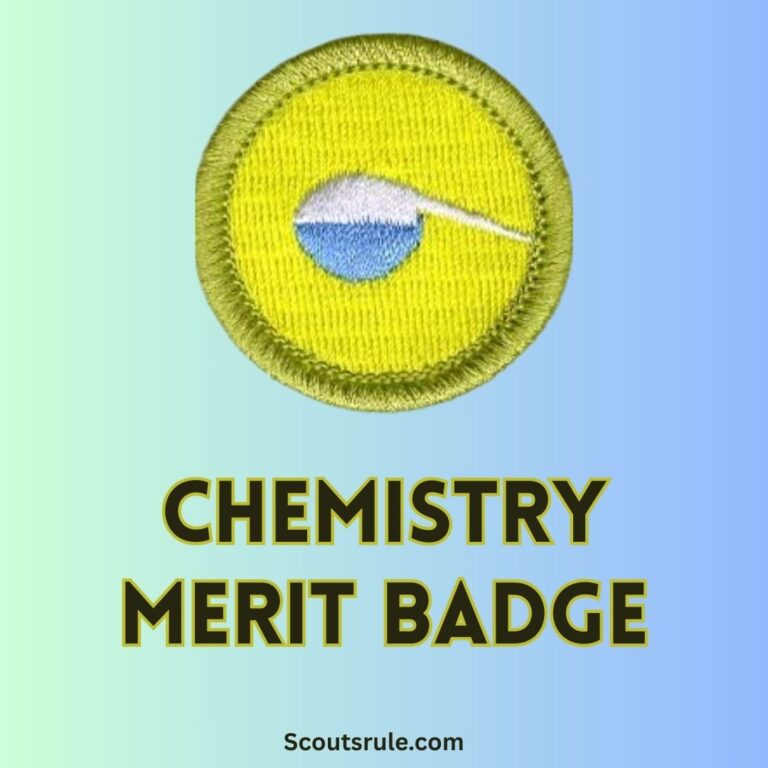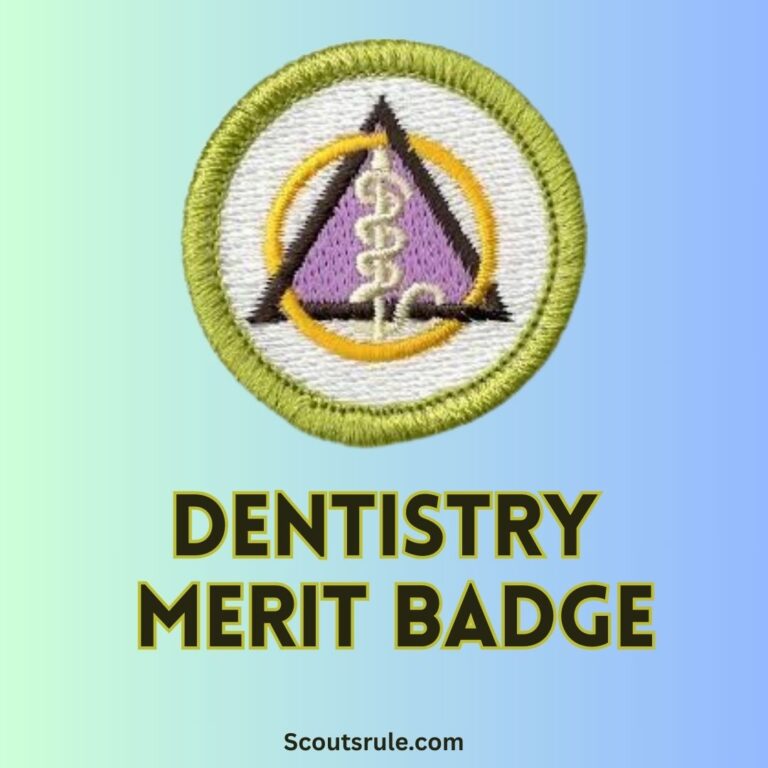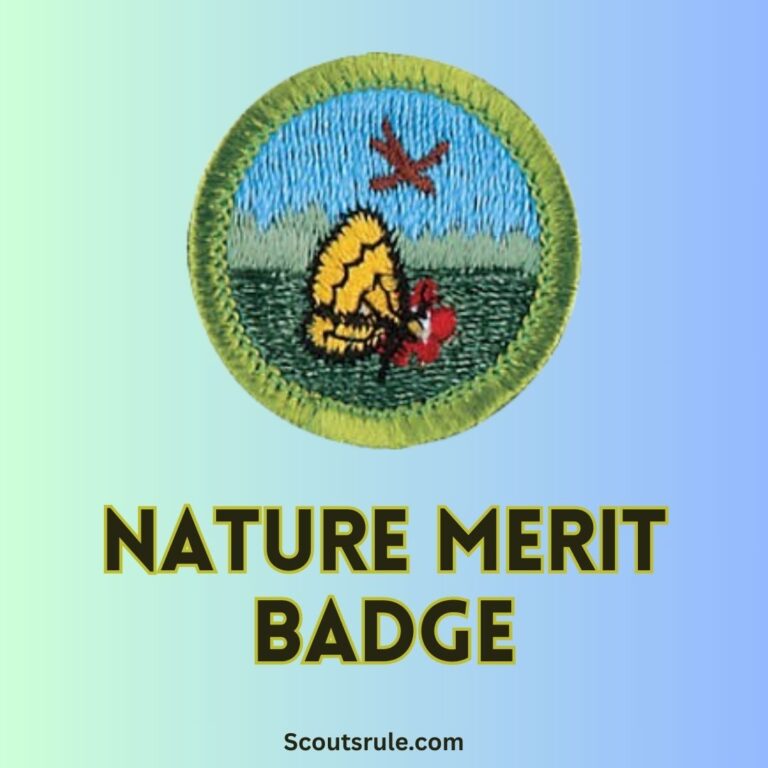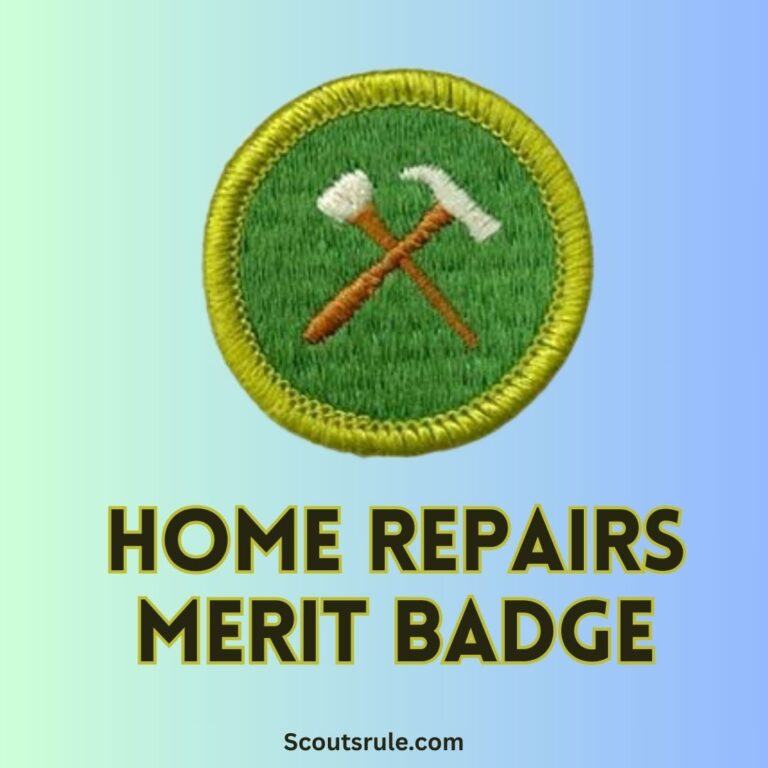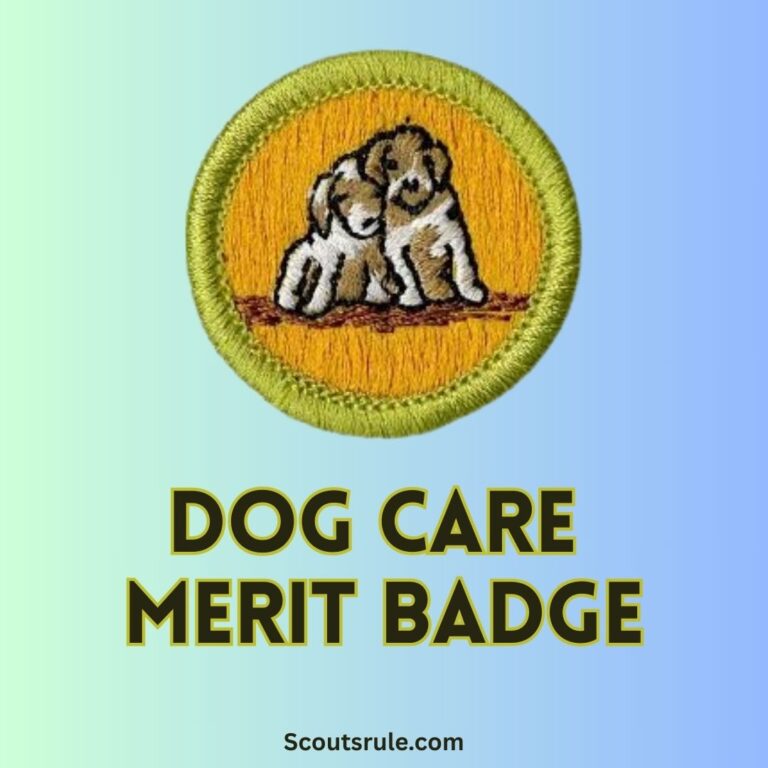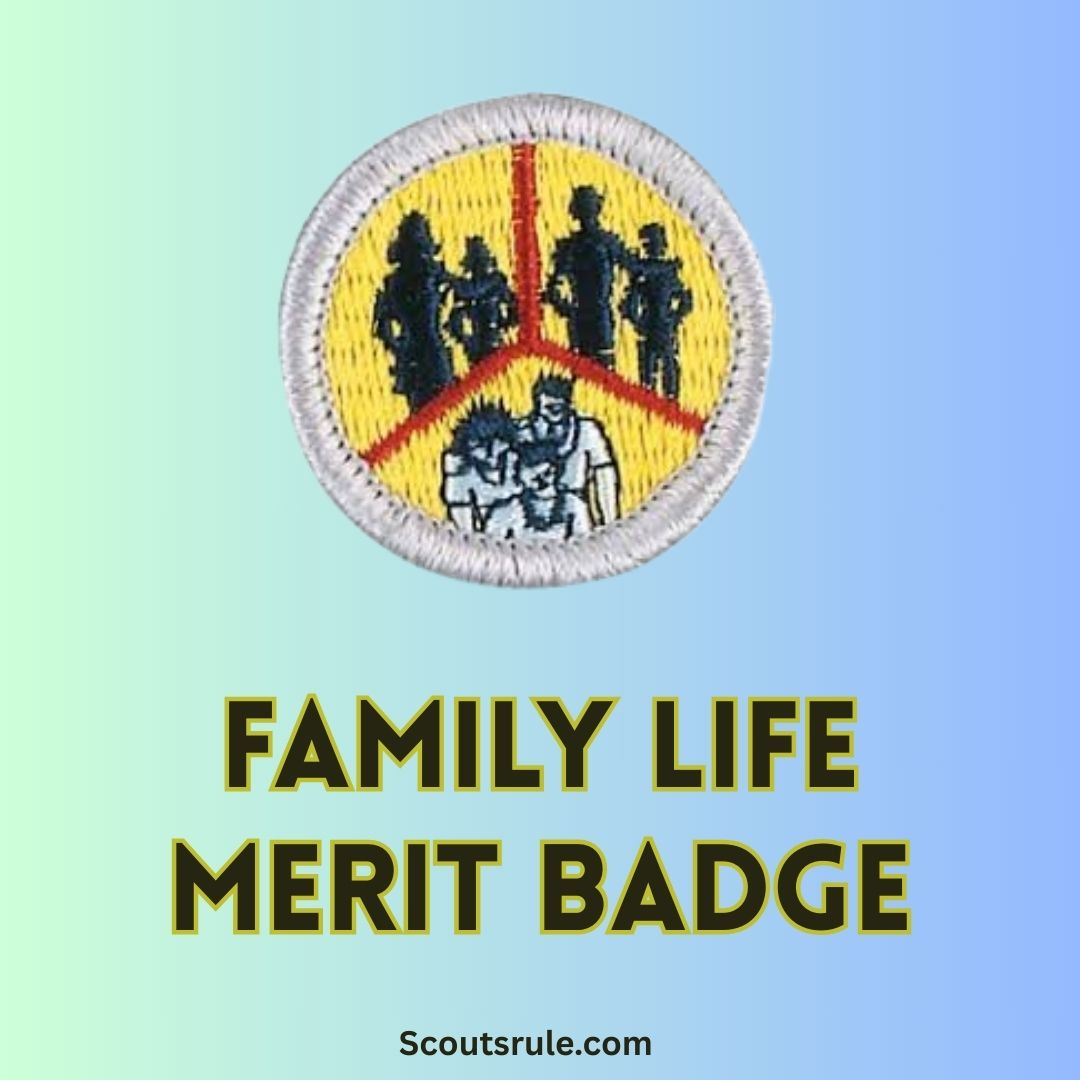
The Family Life Merit Badge is unique among Scouting badges because it focuses on personal growth and family relationships rather than outdoor skills. By earning this badge, you’ll learn how to take responsibility at home, communicate effectively with family members, and develop leadership skills that will benefit you throughout your life. This badge challenges you to reflect on your role within your family, complete projects that strengthen family bonds, and engage in meaningful discussions about family dynamics.
This guide will walk you through each requirement, offering tips, examples, and insights to help you succeed. Let’s dive into the details!
Post Contents
- 1. Understanding What a Family Is
- 2. Reflecting on Your Role in the Family
- 3. Completing Regular Home Duties
- 4. Planning and Executing a Home Project
- 5. Coordinating a Family-Inclusive Project
- 6. Planning and Conducting Family Meetings
- 7. Understanding Parenting Roles and Responsibilities
- Tips for Success
- Conclusion
1. Understanding What a Family Is
Requirement 1: Prepare an Outline on What a Family Is
- Task: Create an outline that defines what a family is and discuss it with your merit badge counselor.
- Key Points to Include:
- A family is a group of individuals who support each other emotionally, physically, and financially.
- Families come in many forms, including nuclear families, extended families, single-parent families, blended families, and chosen families.
- Families play a crucial role in society by teaching values, providing care, and fostering a sense of belonging.
Example Outline:
- Definition of a Family
- Types of Families
- Nuclear
- Extended
- Blended
- Single-Parent
- Chosen Families
Importance of Families to Individuals
- Emotional Support
- Financial Stability
- Personal Growth
Importance of Families to Society
- Teaching Responsibility
- Building Community
Be prepared to explain why families are important and how the actions of one family member can affect others. For example, a positive attitude can inspire others, while neglecting responsibilities can create stress.
2. Reflecting on Your Role in the Family
Requirement 2: List Reasons Why You Are Important to Your Family
- Task: Write down several reasons why you are important to your family and discuss them with your parents or guardians and your merit badge counselor.
- Examples:
- You help with chores, which keeps the household running smoothly.
- You provide emotional support to your siblings or parents.
- You contribute to family traditions and create shared memories.
Reflect on how your actions impact your family and how you can strengthen your role. This discussion is an opportunity to gain valuable feedback from your family members.
3. Completing Regular Home Duties
Requirement 3: Prepare a List of Your Regular Home Duties or Chores
- Task: Create a list of at least five regular chores or duties you perform at home and do them consistently for 90 days. Keep a record of how often you complete each task.
- Examples of Chores:
- Washing dishes
- Taking out the trash
- Cleaning your room
- Mowing the lawn
- Helping with meal preparation
Tips for Success:
- Use a chart or journal to track your progress.
- Be consistent and take pride in completing your tasks.
- Discuss with your counselor how your efforts have positively impacted your family.
Reflection: After 90 days, think about how your chores have contributed to your family’s well-being. Did your efforts reduce stress for your parents? Did you learn new skills or develop a stronger sense of responsibility?
4. Planning and Executing a Home Project
Requirement 4: Carry Out a Project That Benefits Your Family
- Task: With the approval of your parents or guardians and your merit badge counselor, plan and complete a project that benefits your family. Submit a report outlining how the project helped your family.
- Examples of Projects:
- Organizing the garage or storage area
- Planting a family garden
- Painting a room or repairing household items
- Creating a family photo album or digital archive
Tips for Success:
- Choose a project that aligns with your family’s needs.
- Involve family members in the planning process to ensure the project is meaningful.
- Document your progress with photos or notes to include in your report.
Reflection: After completing the project, discuss how it benefited your family. Did it make daily life easier? Did it bring your family closer together?
5. Coordinating a Family-Inclusive Project
Requirement 5: Plan and Carry Out a Project Involving Your Family
- Task: Plan and execute a project that requires the participation of your family. After completing the project, discuss the following with your counselor:
- The objective or goal of the project
- How individual family members participated
- The results of the project
Examples of Projects:
- Hosting a family game night or movie night
- Planning and preparing a family meal together
- Organizing a family outing or hike
- Volunteering as a family at a local charity or community event
Tips for Success:
- Choose an activity that everyone in your family can enjoy and contribute to.
- Assign roles to each family member to ensure everyone feels involved.
- Reflect on how the project strengthened your family bonds.
Reflection: Discuss with your counselor how the project brought your family together. Did it improve communication? Did it create lasting memories?
6. Planning and Conducting Family Meetings
Requirement 6: Plan and Carry Out a Family Meeting
- Task: Discuss with your counselor how to plan and conduct a family meeting. Then, hold a family meeting that includes the following topics:
- Family goals or plans
- Responsibilities and chores
- Any other topics relevant to your family
Tips for Success:
- Prepare an agenda to keep the meeting organized.
- Encourage open communication and active listening.
- Take notes during the meeting to document decisions and action items.
Reflection: After the meeting, discuss with your counselor what you learned about family communication and teamwork. Did the meeting help resolve any issues or set new goals?
7. Understanding Parenting Roles and Responsibilities
Requirement 7: Discuss Effective Parenting
- Task: Learn about the roles and responsibilities of effective parenting. Discuss with your counselor how parents provide for their children’s physical, emotional, and social needs.
- Key Points to Consider:
- Parents teach values, set boundaries, and provide guidance.
- Parenting involves balancing discipline with encouragement.
- Effective parenting fosters independence and self-confidence in children.
Reflection: Think about how your parents or guardians have supported you and what you’ve learned from their example. How can you apply these lessons in your own life?
Tips for Success
- Start Early: The 90-day chore requirement takes time, so begin as soon as possible.
- Communicate Openly: Many requirements involve discussions with your family. Be respectful, listen actively, and share your thoughts honestly.
- Document Everything: Keep detailed records of your chores, projects, and family meetings. This will make it easier to reflect on your progress and share your experiences with your counselor.
- Involve Your Family: The more engaged your family is in the process, the more meaningful the experience will be.
Conclusion
The Family Life Merit Badge is more than just a requirement for Eagle Scout—it’s an opportunity to strengthen your family relationships, develop leadership skills, and reflect on the importance of family in your life. By completing the badge requirements, you’ll gain a deeper understanding of your role within your family and learn how to contribute positively to your household. Embrace this journey as a chance to grow, connect, and make a lasting impact on your family.

Hi, Robin here, A former lead Scout and here I share my inspiring stories about USA Scouts, leadership, adventure, how to guides and more.

